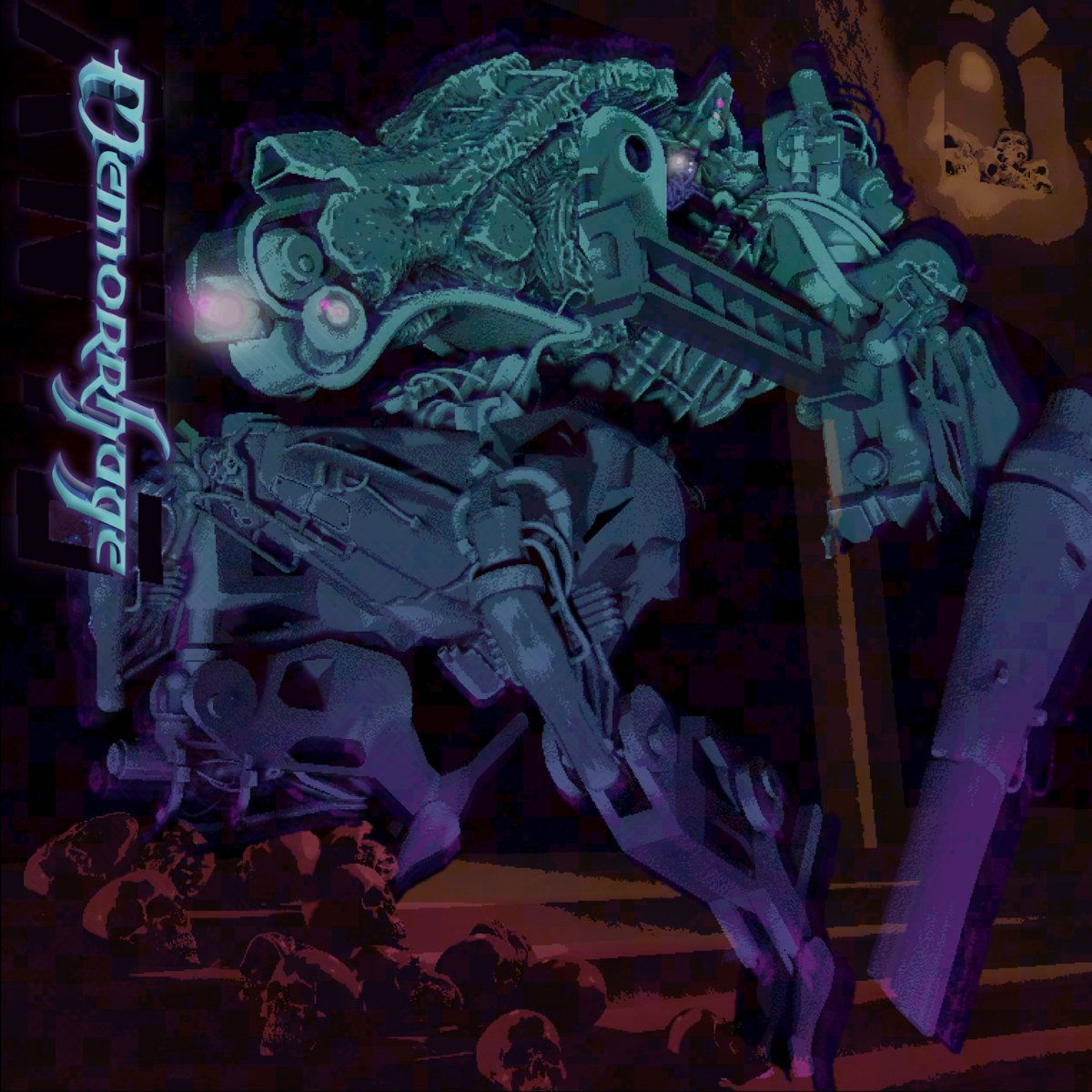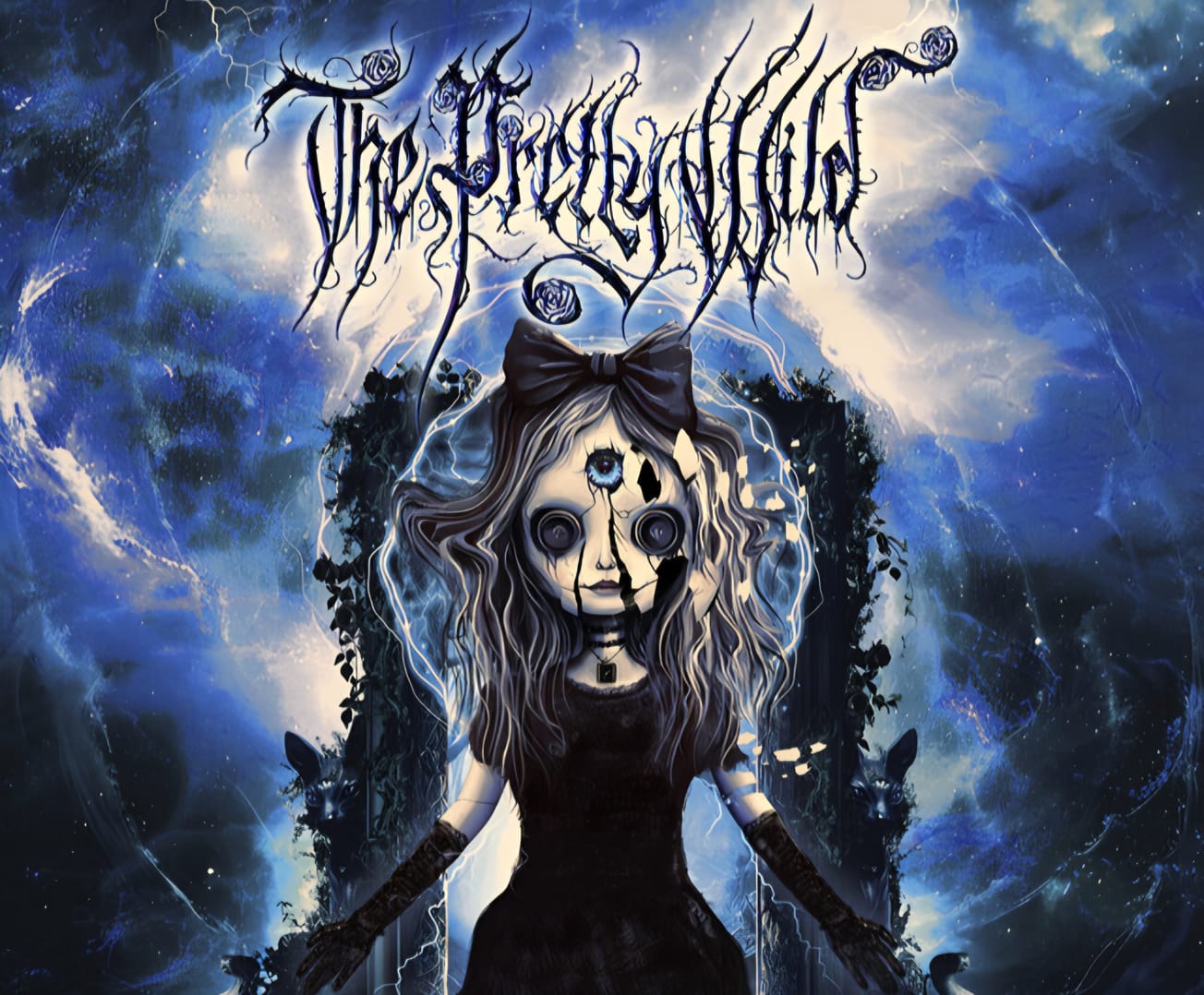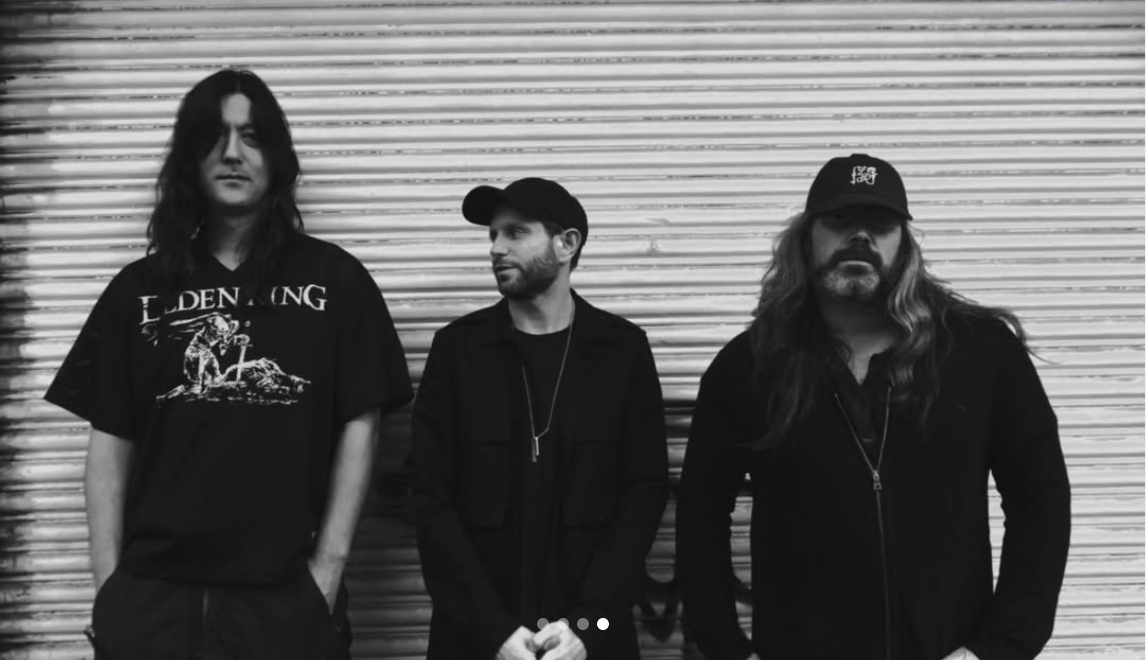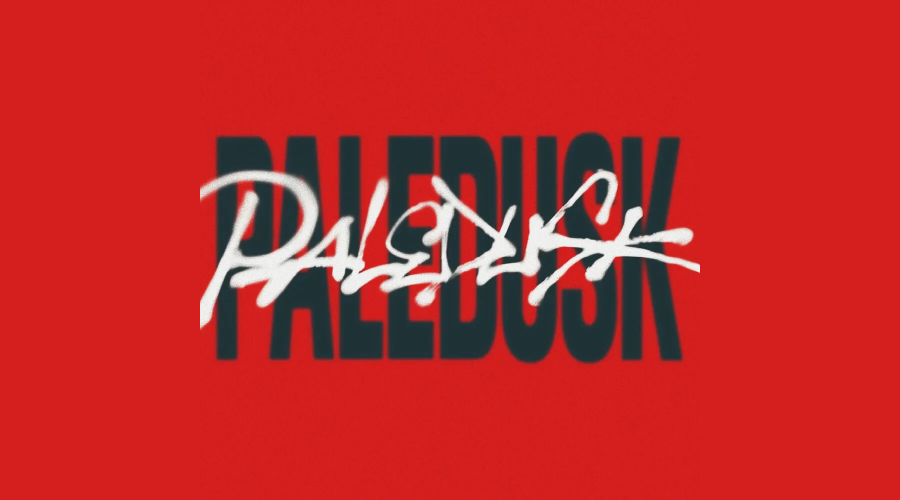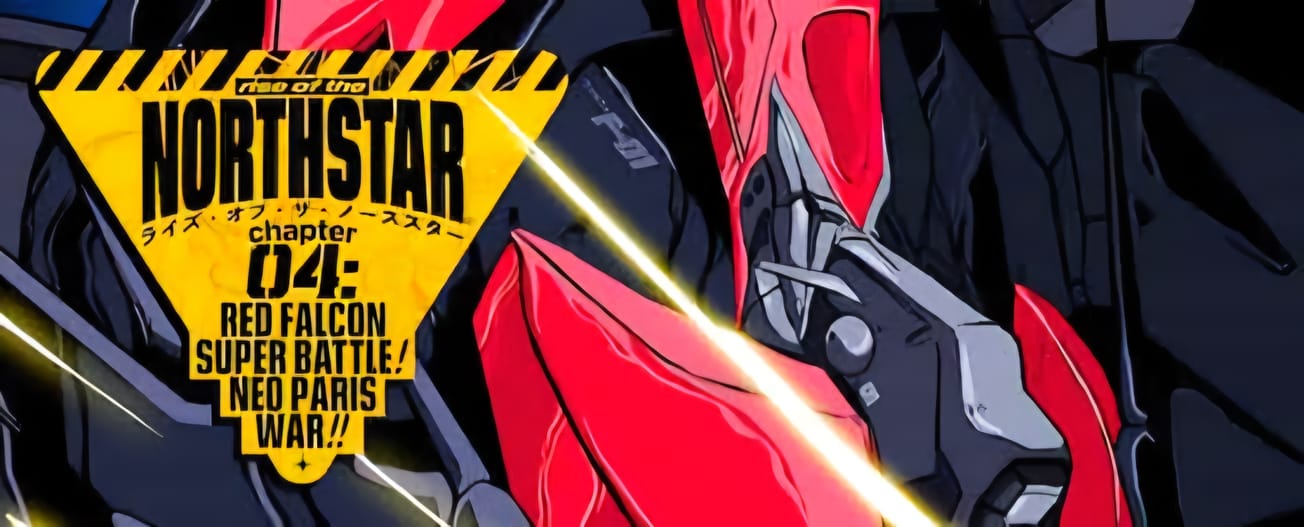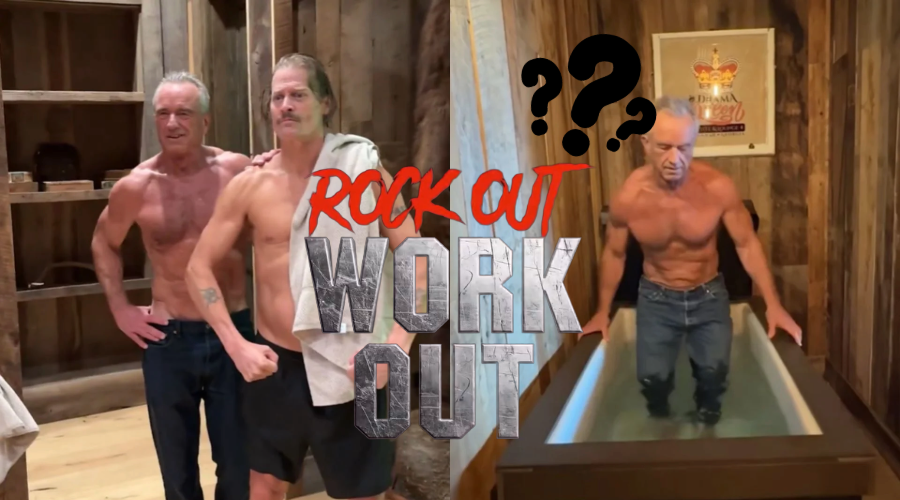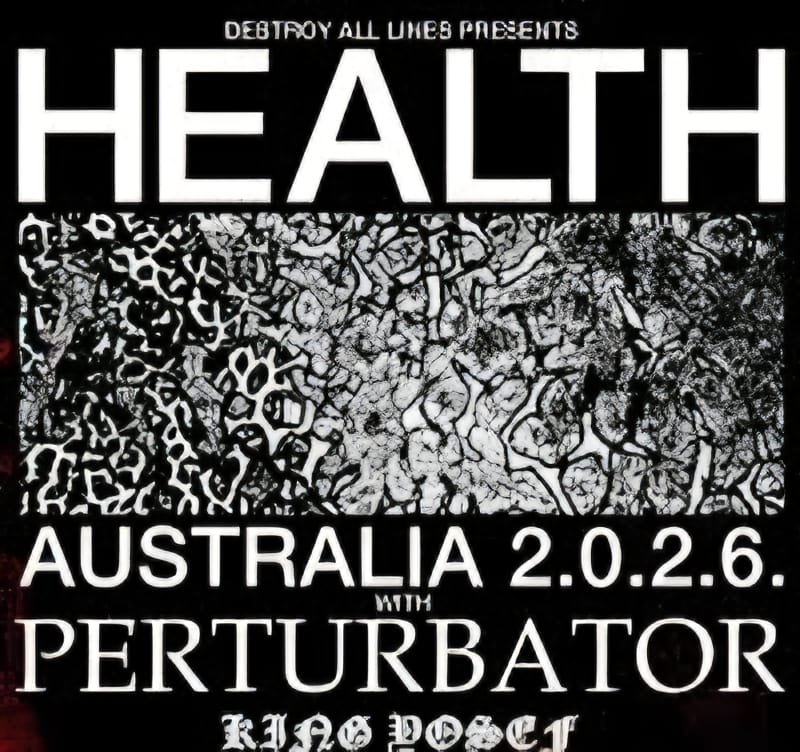Garry Brents has journeyed wide in his years of making music, the distance measured in some 40 or 50 (or more)-odd home-recorded albums, their various projects and spinoffs, aliases and concepts spiraling outward into alternate universes so that his journey, conducted at once in bedroom studios and home offices and across wild planes of both space and time, has been not just inward, but fractal. When I think about his seemingly autoproductive process this way, it’s somehow both improbable and inevitable that he would, after all that distance covered, end up back home.
“Nu metal [was] the first style of music I latched onto as a kid in the 90s” Brents told Toilet Ov Hell in an interview upon the release of his first LP as Memorrhage, back in June of 2023. Honest about the memory-gush implied by the project’s portmanteau of a name, Memorrhage was a project born of waves of nostalgia for that personally epochal meeting of music and youth that hit Brents as waves of Covid were burying the world, keeping us alone and forced to dream our way into lives we weren’t living—or weren’t living anymore. That genesisic plunge into feeling and memory might be why, among the many excellent albums he’s produced as Gonemage, Homeskin, Cara Neir (RIP), et al, his work as Memorrhage feels uniquely heart-led in a way usually reserved for teens, or for those who can find some fleeting, magical access to that lost world. It also might explain why Brents chose to engage nu metal’s classic themes of wounded alienation and cathartic rage by channeling them through stories of androids, AI, and de-bodied consciousnesses, whose angst results as much from the chasms between their experiences of self and their sense of belonging to the worlds around them as it does from resentments toward family or society—although both are ultimately rooted in disconnection. It’s a heady approach to what is, at its core, body music, but then that sort of fits too, no?
Nu metal is a genre predicated on the utterly new—a tautology, for sure, but I’m going somewhere with this—which is why, when faced with the kind of reassessment that is more and more part of music culture’s orbital, a sort of dissonance arises between the deeply anostalgic essence of the form and how we interact with it. There are limits to this kind of revival, if that is in fact all that nu metal’s return amounts to. One-off memory-trips or genre tourism, a quick dip to cynically capitalize on a trend—or even worse, overly reverential originalism, a fatal move that metal is famous for which can turn the blood in a movement’s veins to cement—all these quickly burn up our increasingly brief attentions. With Memorrhage back for a second album, Anyo, and Brents increasingly clear across interviews that a stethoscope to his heart sounds like “yu nat rrratat n dat” and the big jeans stay on at bedtime, does this product of one man’s hemorrhaging nostalgia manage to keep it tru?
As a debut, Memorrhage was largely a dive into the kind of aggressive, borderline-frantic machine-punched nu metal grind that early Slipknot and System Of A Down defibrillated rock music with at the end of the 90s. It’s an intense, head-clearing listen, but for me that record comes alive in its final act; “Lunge” and “Utility” both feature the kind of skyward clean-sung choruses (courtesy of Ilya Mirosh) that launched metal back to the top of the charts for the first time since Metallica was giving my bullies something to believe in, and both “Utility” and closing track “Ex-Sprite”, with its apocalyptic, industrial electro-hop groove demonstrate from opposite ends of the spectrum the kind of art-Frankenstein experimentation that ultimately made nu metal the last truly innovative form of guitar music to make any kind of broader cultural impact.
Taking its starting position from that trio of tracks, Anyo reveals itself as my favorite kind of sophomore turn—one that uses the first record as more of a module than a blueprint, breaking it down into parts and deploying them as elements of a deeper, more intricate tapestry. Where Memorrhage rolled through like a bulldozer, Anyo is diverse in its impact, even spacious, leaning on the kinds of abrupt dynamic shifts that nu metal’s greats were masters of, allowing tracks to find their power in sudden slowdowns and moments of massive liftoff. The menacing space in the back half of “Dive”, where the guitars drop out leaving only the popping drums and Brents’ quiet vocal coiling around a repeated phrase (“Can’t give it back/Can’t give it back, no”) had me bracing for the inevitable pit-bouncing accelerant just waiting to uncork—which of course it does. “Downstone” brings in some primordial Korn with Brents channeling Jonathan Davis’ feral scatting, but the bedrock of the track lies in the interplay between the surging full-band attack and the ominous atmospheric touches—that brief synth gap that opens like a stolen breath at the midpoint, the harmonized vocals that follow, the way the guitars shift from grooving riffs to gnarly little panic notes, and the way the coda forms all those elements into a cathartic lattice to carry you out--a perfectly executed blend that shows Brents still growing as a producer after a baker’s five-dozen releases. “Crasher” evokes the great orignators as well, with its bounce-nodding verses, low-slung speak-rapping, and loose, fret-rattling bass production. But it’s with fifth track “Anywhere Else” that for me the record truly hits its stride. Pairing a percussive robo-nu verse drive with a gleaming digipop chorus that washes the whole song in neon like rain on a city street, it sounds like something that could’ve been on the Spawn OST, and opens the record up to that brief and beautiful fin-du-90s moment where what was nu was simply whatever was possible.
The undeniable highlight of the record is “1st Level”, an angel-winged track that glides in on the kind of runway-takeoff chord progression that kept alt rock radio in a headlock for a good decade. “1st Level” brings back Mirosh on the mic; the Finnish vocalist’s broken whisper-to-wail evokes no one more than the late Chester Bennington in his ability to perform directly from the vocal booth inside his heart. I envision a future where Mirosh joins the band as the splash of blood to Brents’ compositional brain and conductor’s hand. Honestly, the less said and more heard of this track, the better, save to say that its engine-room position on the record is entirely appropriate. Following on its heels is “In Sero”, a track that layers so many different vocal approaches, from clenched Davisian mutterings and scats, to whispers, roars, and the beautifully harmonized crooning of the chorus—all provided by Brents himself—that it makes the case for Brents as the nu metal Brian Wilson. I’ve listened to it more times than any other track on the record, and I’ve come to the conclusion that the only “problem” with it is that it needs to be 9 minutes long and close the record.
Anyo is a nu metal masterpiece—no wave-designation necessary. The journey that began with a backward and inward tunneling into memory and nostalgia has returned to the present, and brought back with it things that never existed before. In that sense, Anyo passes the test set out before it; nu metal that uses nostalgia in direct service of the new. Perhaps the only way for Brents to continue hacking away at the borders of what nu metal can be would be to disrupt his deeply productive process itself. The lyrical approach across Anyo extends that of the debut; like a science fiction short story collection, the angst here is all digital, if no less existential. Given the compositional and performance firepower on display here, the record has put itself into a kind of corner for me, personally. I now feel I need to hear what his voice sounds like when that angst is tackling things on the human scale; I need a Joey Jordison-level drummer to take Brents’ masterful midi arrangements to their spine-cracking conclusion. These are not complaints, to be clear—it’s simply that, with Anyo, Garry Brents has cracked through a threshold in me, and now my needs are as real as those of his Androids and AIs. Whether that’s a fractal variation in Memorrhage’s future is no one’s guess, maybe not even Brents’; but whatever comes, I’ll be waiting in the bandcamp listening party foyer, meditating in my atoms and getting ready to bounce.
Buy it on Bandcamp.


